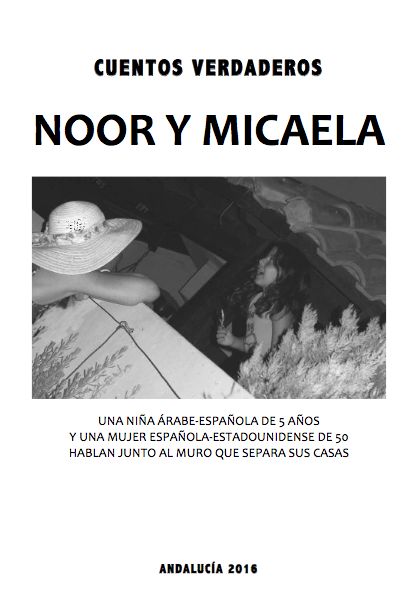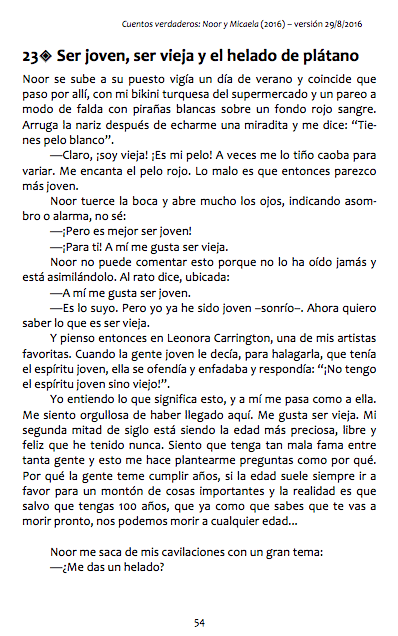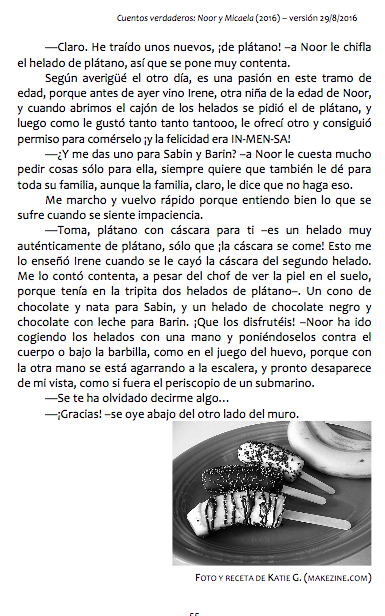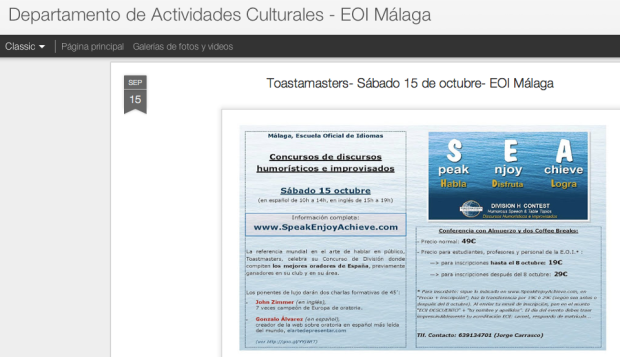WRITING. Today I gave out the checked minisagas I had, and explained I had made some suggestions to some students and expected them to work on them and hand me the resulting piece next week. (I think someone who was late, did not get hers! I hope next Monday people remind me of this, OK? I have a cardboard box where I leave your checked work so that you all can simply have a look. I’ll show it to you.) I mentioned there were two minisagas with a strong literary flavo(u)r, and I mentioned that some other minisagas needed more work on modifiers, to make the story more compelling or expressive. Three more people gave me their minisaga.
I created a page here so you can post your final minisaga. And if you want it to be Anonymous, just send it to me and I’ll do that for you.
QUESTIONS. In the round of questions, someone asked about the Learning Diary and I replied it was optional and explained how I would do it. We also reviewed where the listening log, the reading log and the example of a weekly learning plan were (here) now under Course Basics & Materials.
OVERVIEW OF WORK SHARED IN CLASS. I showed people a table where we will tick your work shared in class and writing assignments. I’ll pin it on the bulletin board, so you can complete it whenever, or jot down what I miss!
We had a round of “How have you been using your English these days”? as initially there were few people. Fortunately, more people came, so the round was a bit long but I didn’t want to interrupt it because I was gathering info for some future feedback I’ll give you all on mistakes I heard, so we can introduce the session on How to work with your LoMs (any volunteer to explain this some day?). Apart from that, I think it’s wonderful to listen to you all also because in this way we get to know each other better.
In that round Sergio asked me about the riots in the USA in connection to the issue of police officers shooting black people, but I couldn’t answer just then, so perhaps some other day. I’ll try to find some audio or audiovisual on this, so people learn some of the most common vocabulary on the news, because it turned out most people did not know the word “riot” (I think we can always hear it on the news).
We decided not to check the Reading Test, considering many people were missing. So I’ll post the key here so you can check it over the weekend, and tell me your results, and prepare your questions for next Monday or perhaps for the following week as…
Next Wednesday is a holiday. A sad celebration, where we should have just a conmemoration which also included acknowledging genocide. Anyway, this helps us get to the next point.
YOUR MONS. Germán gave an OP on Christopher Columbus. It was very informed. He managed to tell us about the times, the man, and about the controversies around him (was he a killer or a hero?), around colonization or the European invasions, and about the October 12 celebration. Not only this, he also included a final personal assessment. This monologue was a great example of wonderful textual structure, so I’d like to congratulate Germán for that.
About his accuracy and language range I have to say it was fairly good! The vocabulary was rich and correctly used, the wording (how to put things) was not the result of literal translation. Germán might have translated from Spanish, but he included wording that was English-minded. He made few grammar mistakes.”ar(m)s” (weapons), an agreement and tense mistake with “have” (The Portuguese …), mispronunciation of “Mediterranean” “savagery” (?), great items like using “was supposed to” correctly!, as well as tenses in general, and comparatives (much further than he had calculated), sometimes mispronunciation in the “-ed” ending, using well hard items like “as slaves” (cf. “like slaves), using “the” correctly (the British) and also its omission! (though there was a mistake in “the Colombus Day”). “A way of rememberING”, OK? We can also use “conmemorate” (I’ll post Reconsider Columbus Day next week, a video Germán also watched backed in 2013, I think!).
About a very personal insight on the topic, I feel Germán can improve the wording so that it glows. Not “We think depending on…” See if you find alternatives, OK?
Where I believe you can improve is in the speed (although controlling shyness with determination! I have the impression that being nervous about speaking in public made you/him speak a bit too fast, which along with some misplacing of stress, made it hard to follow at times. I could surely not keep up taking notes! So — as I told you/him, you/he can improve the “music” of the language and a good exercise for this is doing Listen-n-Repeat, and practice reading aloud at home, after listening to stories with a transcript. Thank you, Germán, for breaking the ice with students’ monthly monologues in class!
About “a big disagreement”, the stress was misplaced, so I couldn’t understand. Then a question for you all to mull over! What collocates better with “disagreement” for this context?: “a major disagreement” or “wide disagreement” would be better I think. Have a look here: collocations. “Big” is too ordinary here, it almost sound childlike. Jod down “big” in your List of informal language to avoid in semiformal and formal texts (register), OK? I’ll create a Page for this. At times presents or pasts were used instead of pasts or presents. Not often, and I may have made a mistake (they sometimes forgot/forget). There was a mistake of the kind: forgetting about passives (History are (oops mistake, right?) writing > History is written)
YOUR MONTHLY MONS IN CLASS. Which leads me to remind you all that I expect each of you to give a 3-4 min mon in class every month, which you should select from your weekly work on monologues at home, which is an activity for the exploitation of your audio and audiovisual work. I mean, we “recycle” efforts done in other skills to use the same materials again for practicing other skills or connecting skills. See what I mean?
And we watched Ngozi’s TED Talk on the book we’ll read in class next Monday (link).
 eally I don’t know much about Iceland, apart from some “lively” volcano(e)s. So the news surprises me. I don’t think I would move to Iceland for this reason, I rather prefer our lovely Mediterranean climate, but perhaps we can learn something from them, click here if you want to know more, The Guardian’s article.
eally I don’t know much about Iceland, apart from some “lively” volcano(e)s. So the news surprises me. I don’t think I would move to Iceland for this reason, I rather prefer our lovely Mediterranean climate, but perhaps we can learn something from them, click here if you want to know more, The Guardian’s article.



